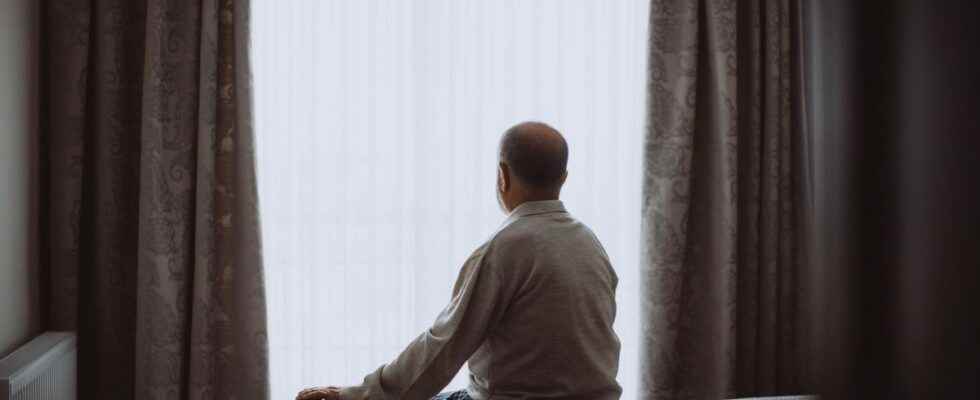Published on
Updated
Reading 2 mins.
One hundred and fifty French people drawn by lot will debate for several months on the end of life, with a view to a possible change in legislation. Their conclusions are expected by the end of March 2023.
On September 13, the President of the Republic announced the constitution of a citizens’ convention on the end of life, the organization of which is entrusted to the Economic, Social and Environmental Council. This Tuesday marks the start of the draw for French citizens who will have to think about it.
Towards active assistance in dying? A citizens’ convention must respond
The draw, based on a representative sample of the French population, will aim to help the government make a decision on the thorny subject that is “active assistance in dying“.
The draw will be carried out by the Harris Interactive Institute, and will aim to select a representative sample of the 150 French people according to gender, age, place of residence, region of origin, socio-professional category and level of education. “Particular attention will be paid to the most precarious public and to Ultramarines, whose recruitment may prove more difficult.“, specifies the press release of the Economic, Social and Environmental Council.
As a reminder, the latest version of the Claeys-Leonetti law (dating from January 2016), made it possible to better respond to the request to die with dignity through better management of suffering, and clarified the use of deep sedation and continues, until death, in the terminal phase. It also allowed toput the patient at the heart of the decision-making process“, according to the website of the Ministry of Health.
The potential reforms resulting from the debates – eagerly awaited by many experts (including Jean-François Delfraissy, president of the National Consultative Ethics Committee) – could for their part promote a “right to euthanasia”.
The opinion of the Ethics Committee paved the way for active euthanasia
Last September, the National Ethics Advisory Committee opened the door for the first time to the possible use of euthanasir within a very restricted framework. According to the opinion issued by the CCNE, any person wishing to legally benefit from this right should:
- Be of legal age and suffering from a serious and incurable disease causing refractory physical or mental suffering;
- Present a vital prognosis engaged in the medium term;
- Argue this choice, in a firm, free, enlightened and reiterated way.
This request would be the subject of a documented written record, supported by the patient’s doctor. It would then be presented during “a collegial procedure bringing together other healthcare professionals“. But will CCNE’s opinion be taken up by the citizens’ convention?
Conclusions expected for March 2023
To put forward proposals for changing the law (after many reports and opinions), the Elysée and the government have therefore adopted the same model as the citizens’ convention on the climate convened in 2019 and 2020… and this, even if the State had finally retained only part of its proposals.
This draw should be completed at the beginning of December, before the installation of the Citizens’ Convention on 9, 10 and 11 December at the ESEC. It will meet 9 times between December and March, before submitting these conclusions to the Government at the end of March 2023.
